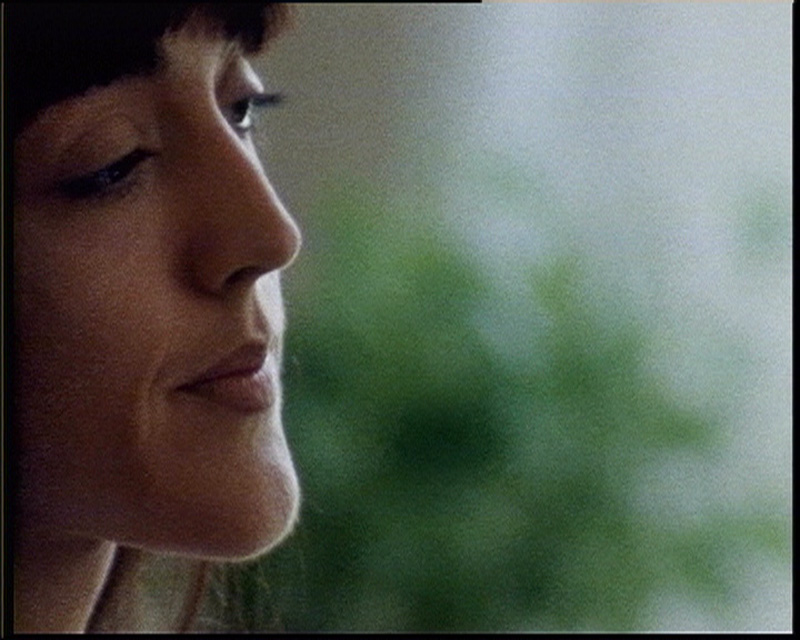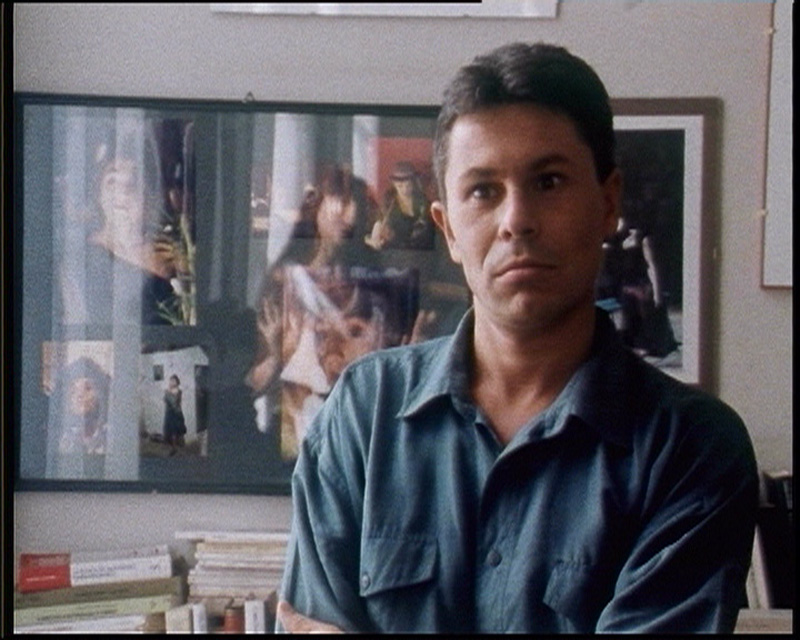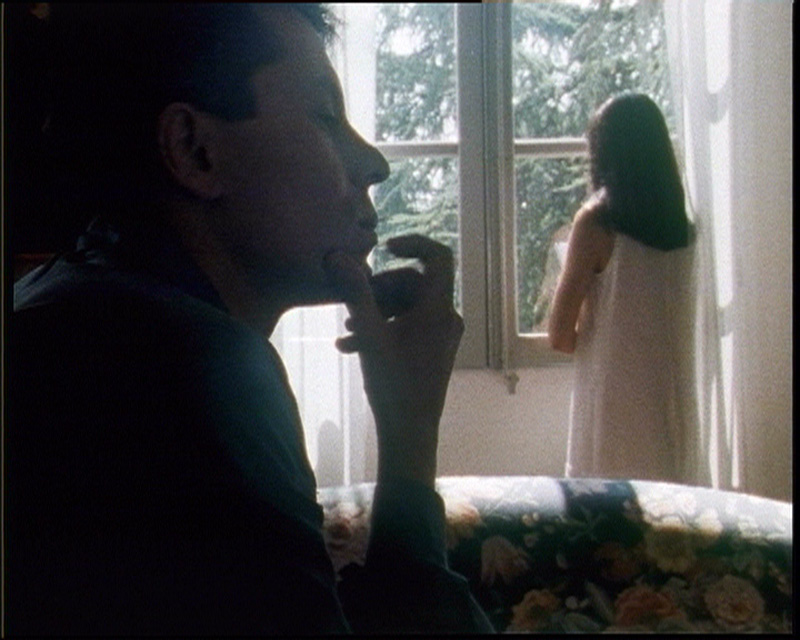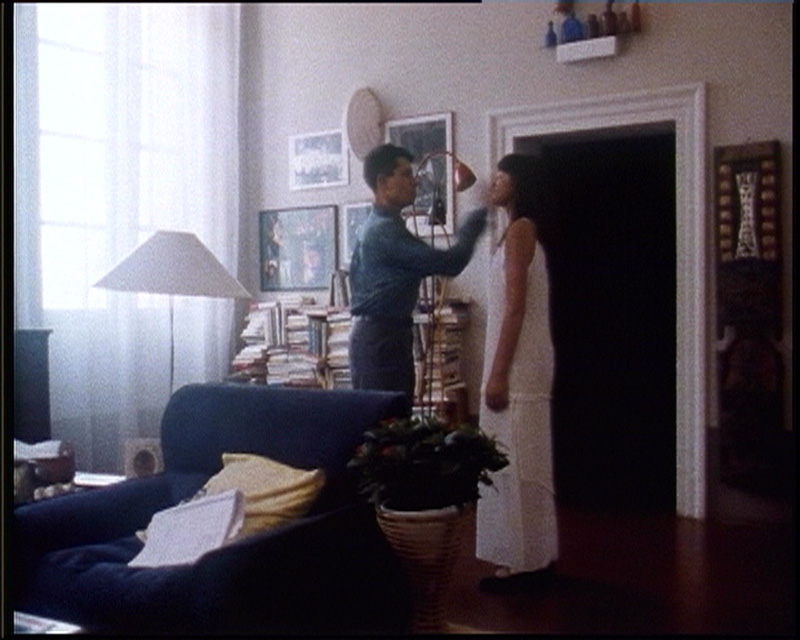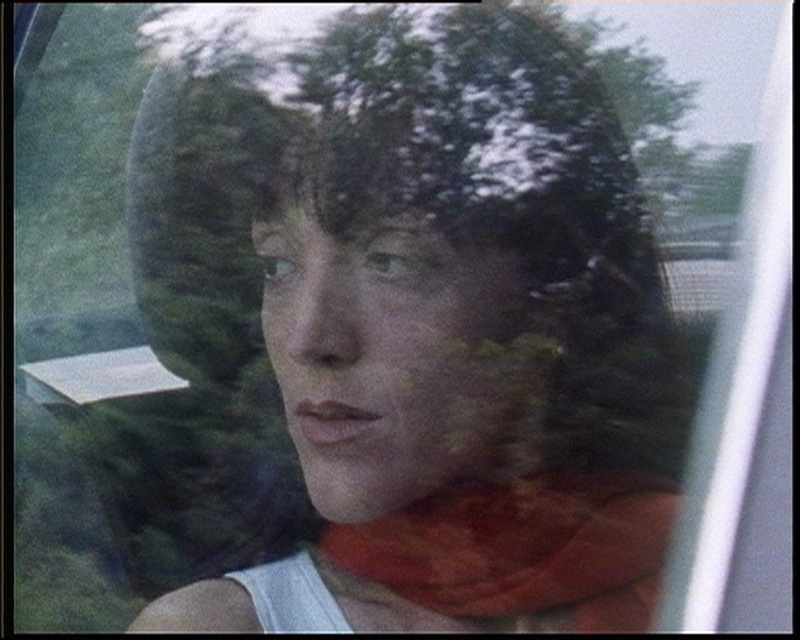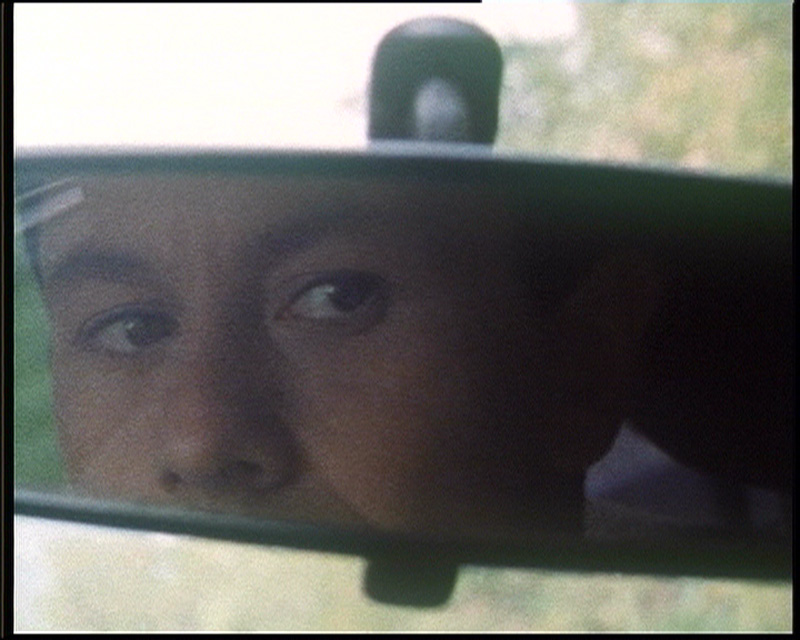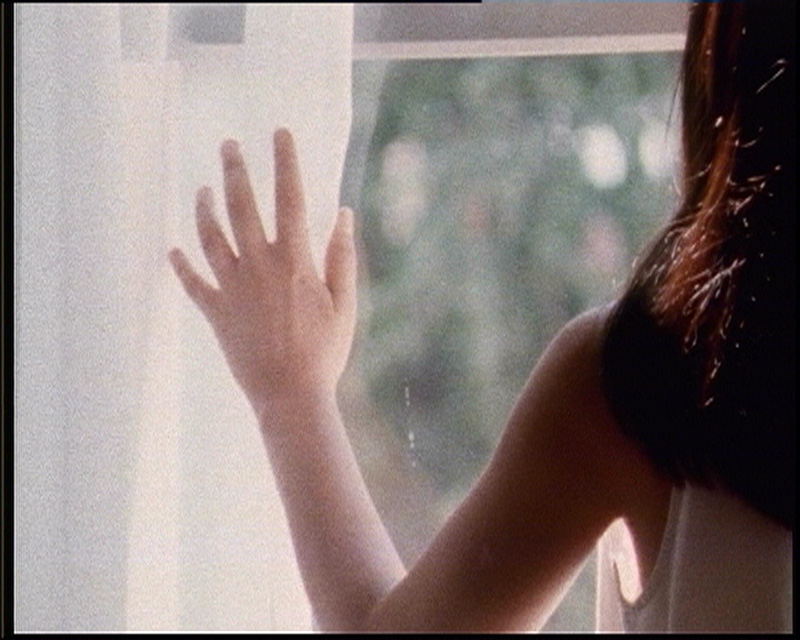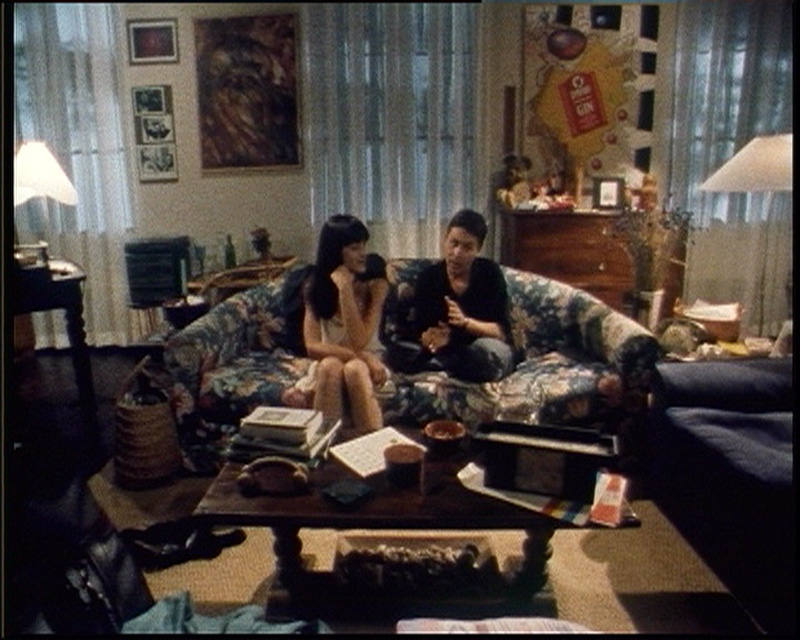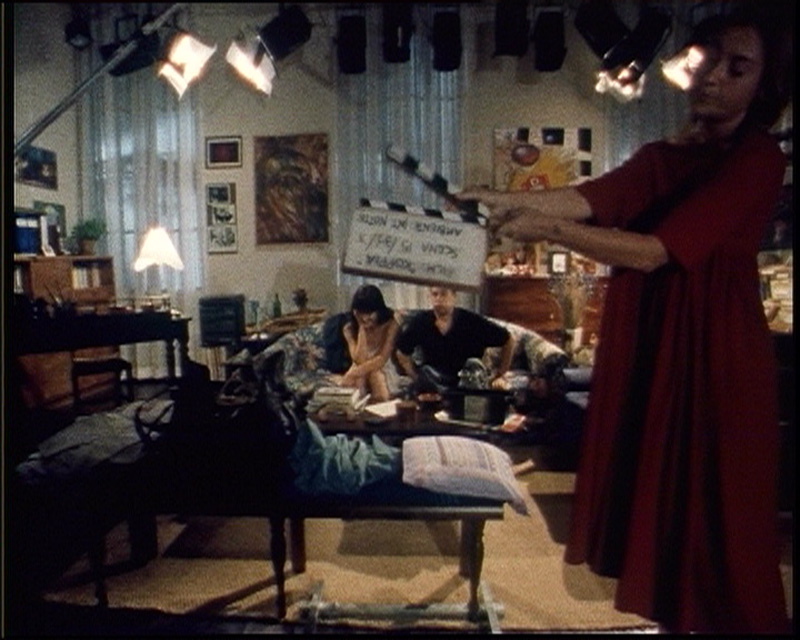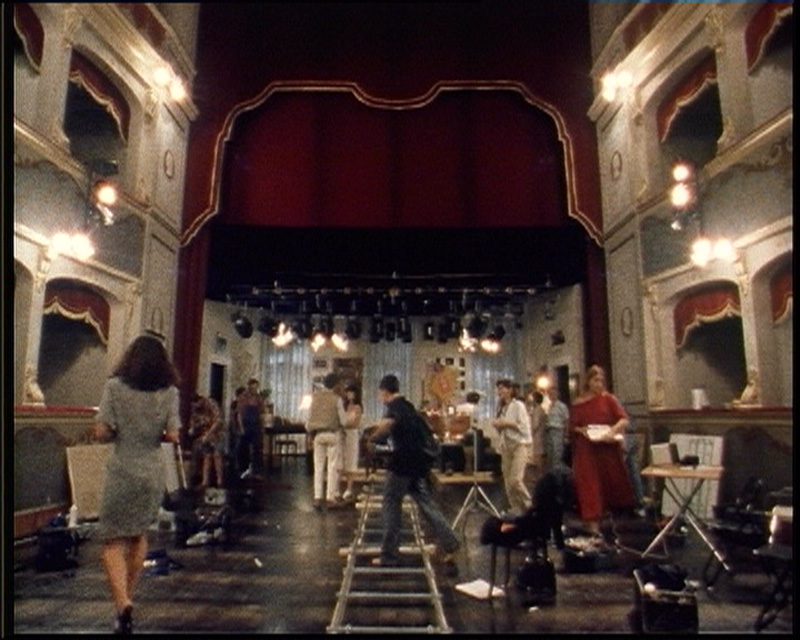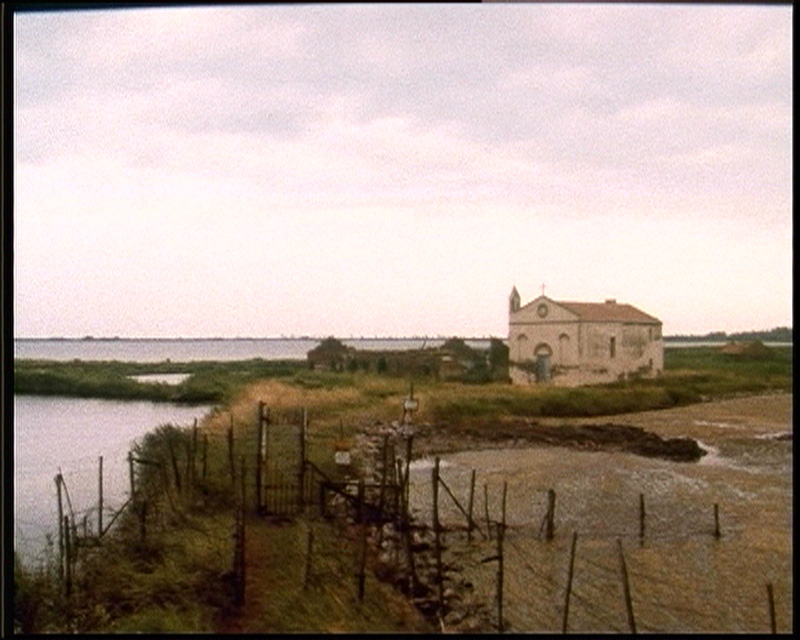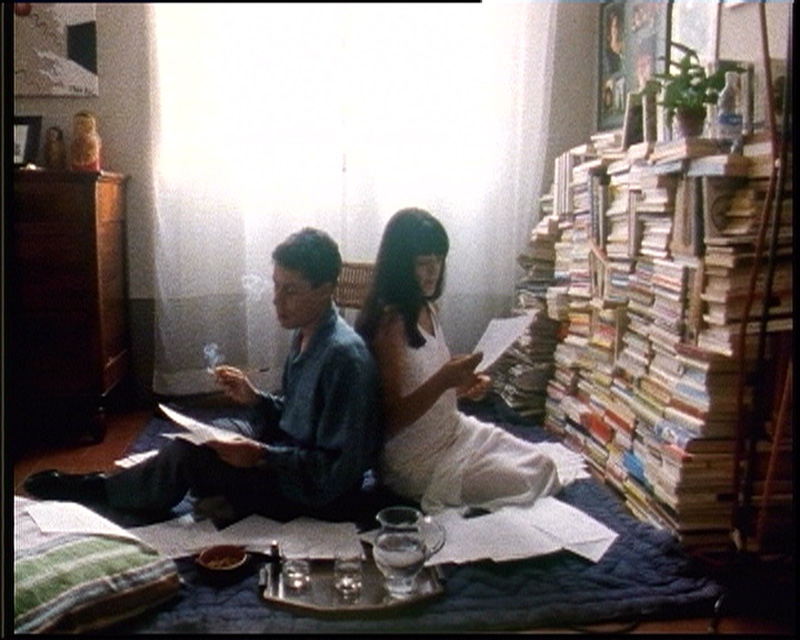KAPPA
88 min., 35mm, colour, stereo, Italy 1997
Presented at the Festival del Cinema del Mediterraneo, Bari 1998
Friederich Nietzsche
A couple of actors, life companions, enclosed in their flat, are having a lively discussion, rehearsing a script, the characters of which are, in their turn, a couple of actors. The dialogues of the screenplay and those of their relation are similar, similar enough to become confused. The two are about to act out the scene of a film that will be made in a small provincial baroque theatre. The level of fiction and reality becomes confused, showing that it is life itself that determines this confusion. The theatre where the two are waiting for the start of filming alternates with the scene in the flat: the curtains, the dressing rooms and the corridors, while the troupe prepares the set. The montage increasingly alternates life and fiction, reality and representation intersect and become mixed. At the end of the film we discover that the flat where we have come to know the two protagonists in their privacy has never existed; it was only the design of the set during the filming, the part of the film already shot. We discover that all we have seen is the subjective reconstruction of the relation that links the protagonists; a reconstruction made by both during a journey by car, stimulated by the script they had acted. The car, a technological box that holds them together reveals itself to be the only common place where memories and the imagination live confusedly in the reverie that is produced spontaneously on the landscape that runs behind the windows. The fact that the two characters are two actors and that everything takes placed enclosed, in a theatre, does not help us know anything about the art of fiction, indeed we come to discover the theatrical artificiality of the dynamics that happen to us continuously in life, the “script” that dictates and repeats the form of interpersonal relations in action. Outside the cage of words, the end of the film shows how the deepest inner world of men adheres better to the landscapes which nature gives us to see: one and the other, like the cinema, tells us better about life and reality.
Credits
Direction: Michele Fasano
Screenplay: Pierluigi Basso, Michele Fasano
Freely treated from the play “KOPPIA” by Mario Giorgi
Actors: Elena Bucci, Marco Sgrosso
Photography: Massimiliano Gatti
Editing: Michele Fasano
Music: Morton Feldman, Gyorgy Kurtag, Helmut Lachenmann, Salvatore Sciarrino, Iannis Xenakis, Arvo Part
Musical consultant: Pierluigi Basso
Original sound: Sandro Broggini
Sound post production: Davide Grecchi
Set design: Sebastiana Costa
Costumes: Betta Muner
Make-up: Patrizia Monti; Edition secretary: Gina Neri
Director of production: Chiara Cordaro
Production: Sattva Films.
Festivals
1998: Festival del Cinema del Mediterraneo, Bari
